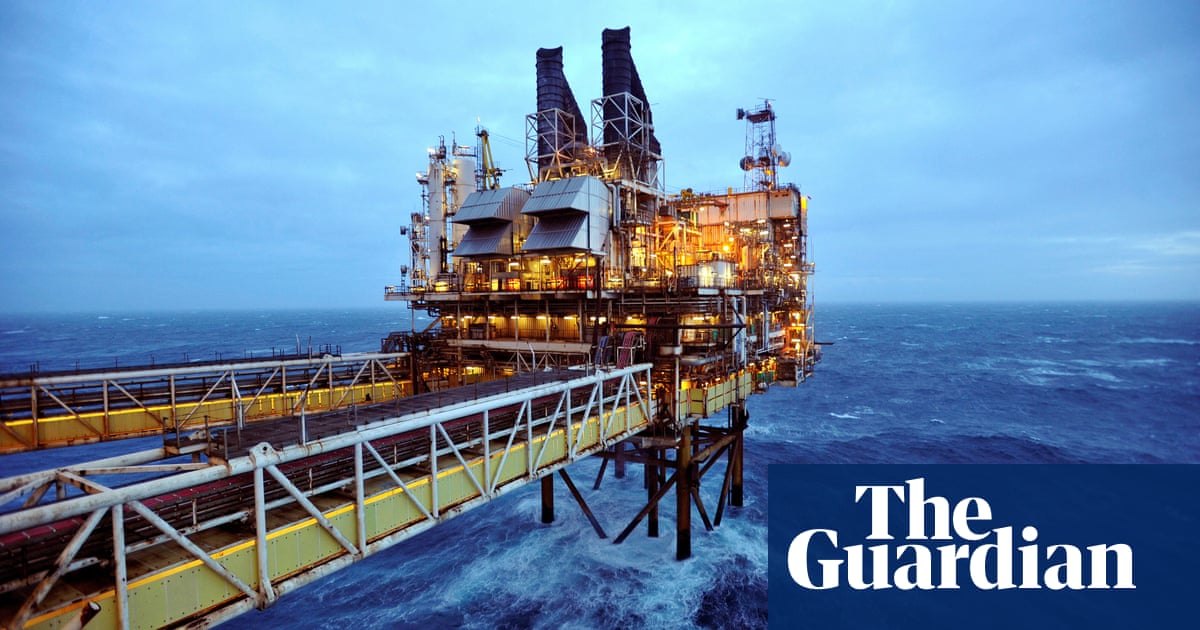Welcome to Tesla Motors Club
Discuss Tesla's Model S, Model 3, Model X, Model Y, Cybertruck, Roadster and More.
Register
Install the app
How to install the app on iOS
You can install our site as a web app on your iOS device by utilizing the Add to Home Screen feature in Safari. Please see this thread for more details on this.
Note: This feature may not be available in some browsers.
-
Want to remove ads? Register an account and login to see fewer ads, and become a Supporting Member to remove almost all ads.
You are using an out of date browser. It may not display this or other websites correctly.
You should upgrade or use an alternative browser.
You should upgrade or use an alternative browser.
Prediction: Coal has fallen. Nuclear is next then Oil.
- Thread starter nwdiver
- Start date
-
- Tags
- Energy Environment Policy
mspohr
Well-Known Member
I have two heat pumps at my houses and 15 at my office building. None of them have aux heat. They all work fine through the winter (in the mountains with lots of snow)Aux heat comes on at temps in the mid to upper 20s. System is 2 years old.
Aux heat comes on at temps in the mid to upper 20s. System is 2 years old.
There's your problem. Should be ~10F or lower. Any decent heat pump still has a COP of >2 at 10F. So on cold nights you're easily using >2x more energy than you should when you're running aux heat.
My heat pump is >10 years old and I run it when it's 5F outside. It's not happy but the COP is still >1.
I'm not debating that a gas top uses more energy than a convection.. im debating the oppositeYou are consuming 3x the energy with gas than I am using to do the same task.
You are wasting 2/3 of the "primary energy" that you are consuming.
You said you can use 2x more energy while consuming less... The sentence is missing part of your point.. consuming less (fossil fuels)
Which is what I originally said
Your two links are added government programs while his link is a reduction of government oversightThose who do not learn from history...
Project Independence
Energy Policy Act of 2005
What are the odds this will be any different?
As a free market capitalist I'm all for less government
That sounds expensive.. have you looked into gas heat? it could save you tons of money...
My heat pump is >10 years old and I run it when it's 5F outside. It's not happy but the COP is still >1.
View attachment 1061210
mspohr
Well-Known Member
Half of all ocean freighter traffic does nothing but move fossil fuels around.
Renewables would eliminate this.
Renewables would eliminate this.
mspohr
Well-Known Member
My heat pumps are powered by solar which at this point is free to me.That sounds expensive.. have you looked into gas heat? it could save you tons of money
Capitalist money greed is the problem.
mspohr
Well-Known Member

North Sea oil decline: ‘We can’t have a repeat of what happened to 80s miners’
Unlikely alliance of unions and climate groups call for ‘clear and funded’ transition plan for communities reliant on dwindling industry
The oil and gas fields in the North Sea are in terminal decline. Last year, the oil basin produced 34m tonnes of oil, its lowest since production in the North Sea was established in the 1970s. As its accessible fossil fuels dwindle, big oil companies have pulled out of the ageing oil basin. And despite the government issuing a rush of licences since Russia’s invasion of Ukraine, the amount of oil set to be extracted is rapidly shrinking. Meanwhile, the climate crisis – fuelled by gas, oil and coal extraction – is accelerating at a frightening speed and the world’s leading scientists and energy analysts are clear: there can be no new oil and gas projects if humanity is to avoid catastrophe.
Last week, 60 leading climate organisations including Greenpeace UK, Friends of the Earth England, Wales and Northern Ireland, Oxfam UK and Extinction Rebellion signed an open letter calling for a “clear and funded” transition plan for workers and communities reliant on the oil and gas industry.
i was joking really.. but on a serious note i doubt there is enough solar out when it is near 0 degrees.. at least my solar would not be near enough to keep up during those temperaturesMy heat pumps are powered by solar which at this point is free to me.
Capitalist money greed is the problem.
i take it youre more of a socialist then?
In colder regions with decent population density, it would probably be smarter to create district heating with ground sourced heatpump or even by just pumping fluid in a closed system to draw heat from deeper down.
TheLastDon
Member
It's 2024 and the price of oil didn't collapse. In fact, it's consistently higher than it's ever been. This is why you should never listen to publications like Bloomberg. They have an agenda they push instead of reporting what is actually going on. You become misinformed.We've witnessed almost a complete collapse of the coal industry. Companies that once commanded Billions in Market Value just 5 year ago have been reduced to Bankrupt shells. Things can change very quickly when inflection points are reached.
Nuclear and Coal share the same base load profile. The one thing nuclear advocates are pushing to save nuclear 'A Carbon Tax' will also promote its poison; Variable Wind and Solar. If their growth continues we could see significant nuclear curtailment in less than 5 years. Plants with a capacity factor of >90% are running razor thin margins. They can't survive even modest curtailment.
As Bloomberg pointed out a few weeks ago... EVs are poised to lower demand enough to cause a permanent collapse in the price of oil by ~2022. As more countries pledge to ban petrol powered cars in the next 15 years and Tesla has accelerated production plans this appears to be almost inevitable.
By the way, I'm all for EV's. I just bought one myself a few weeks ago. I love that they don't pollute the air, and don't have to go to the gas station anymore.
ItsNotAboutTheMoney
Well-Known Member
It was an article with bad predictions. Centered on one fundamentally failed prediction:It's 2024 and the price of oil didn't collapse. In fact, it's consistently higher than it's ever been. This is why you should never listen to publications like Bloomberg. They have an agenda they push instead of reporting what is actually going on. You become misinformed.
By the way, I'm all for EV's. I just bought one myself a few weeks ago. I love that they don't pollute the air, and don't have to go to the gas station anymore.
"By 2022 electric vehicles will cost the same as their internal-combustion counterparts."
ItsNotAboutTheMoney
Well-Known Member
Half of all ocean freighter traffic does nothing but move fossil fuels around.
Renewables would eliminate this.

Forty percent of all shipping cargo consists of fossil fuels
By weight, 40% of all maritime trade cargo consists of oil, coal, gas, or petrochemicals. But that also means that when the world moves to alternative fuels, all those ships won't need to be on the sea any more.
 qz.com
qz.com
In 2022 is was 40% of cargo by weight.
It's 2024 and the price of oil didn't collapse. In fact, it's consistently higher than it's ever been. This is why you should never listen to publications like Bloomberg. They have an agenda they push instead of reporting what is actually going on. You become misinformed.
By the way, I'm all for EV's. I just bought one myself a few weeks ago. I love that they don't pollute the air, and don't have to go to the gas station anymore.
~2023 was the more optimistic scenario. COVID likely pushed that back a bit.
ItsNotAboutTheMoney
Well-Known Member
It'd be propane. Average price last winter was $2.69. Use $2.70 for simplicity and 27kWh/gal we have $0.10/kWh.That sounds expensive.. have you looked into gas heat? it could save you tons of money
Kentucky January 2024 electricity average was $0.1227/kWh.
Won't need a high COP to crush it, and the heat pump may also be providing the summer AC.
That sounds expensive.. have you looked into gas heat? it could save you tons of money
How would gas save me money? Sunlight is free
Fortunately, we at least have some renewable production. Otherwise, this feedback loop of "warming climate - more HVAC use - more electricity use - more fossil fuel use" would be more intense.
Eyeballing a 50% increase in electricity usage due to heatwave.
Last edited:
TheLastDon
Member
This is a different measure than what the OP was talking about. OP said that the price of oil would collapse by 2022. It didn't in 2022, 2023 and not in 2024 either. The truth is that oil will contain to remain an important part of our world for as long as any of us live, and that's OK. Just keep working on cleaner power solutions in the meantime to bring the price of them down even more, and then the people will flock to them. The truth is that people vote with their wallets.~2023 was the more optimistic scenario. COVID likely pushed that back a bit.
View attachment 1061307
TheLastDon
Member
Well, we are about at that point now. I think the Model Y now costs a few thousand less than the average car in the US.It was an article with bad predictions. Centered on one fundamentally failed prediction:
"By 2022 electric vehicles will cost the same as their internal-combustion counterparts."
Similar threads
- Replies
- 13
- Views
- 2K
- Replies
- 1
- Views
- 2K
- Replies
- 77
- Views
- 12K
- Replies
- 32
- Views
- 7K




